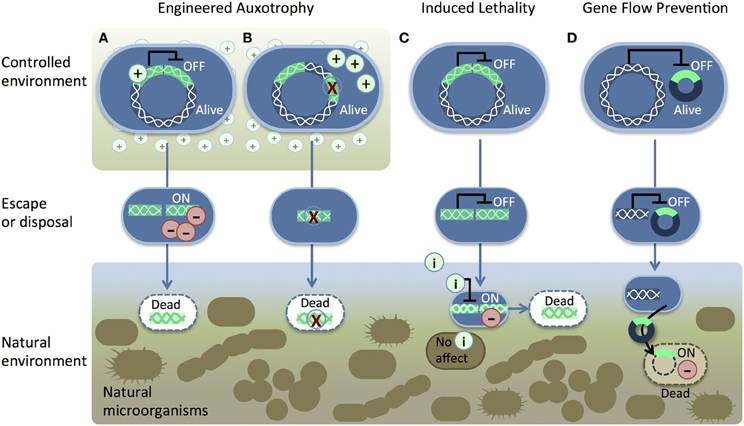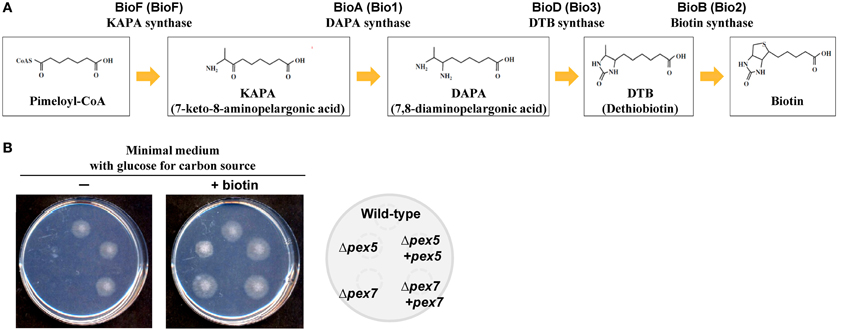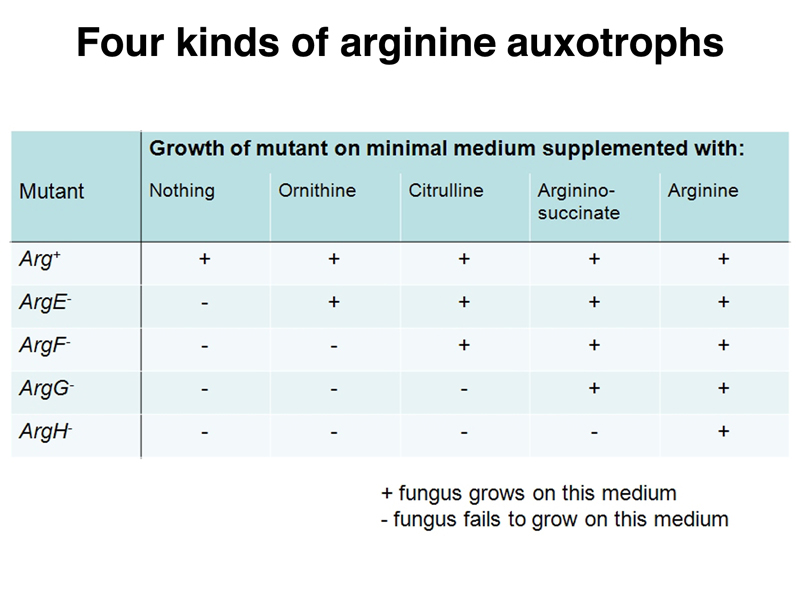Auxotrophy
As auxotrophic (Greek αυξανω " Auxano " - " I grow ," and τροφή " trophic " - " Nutrition" ) refers to organisms that certain essential substances can not independently synthesize. Thus, they are likely to tap these substances from the environment. An example of this is lactic acid bacteria, which are dependent on nutrient-rich media because of their specialization and many vital substances can not synthesize itself. Is an organism auxotrophic for a substance, this mutant, for example in case of adenine auxotrophy, referred to as " ADE ".
The opposite of auxotrophy is called prototrophy. It involves organisms that are not on supplines ( growth factors) are dependent, that is able to synthesize all the needed materials themselves.
Auxotrophy often occur as a result of mutagenesis as mutations in the genome. Transforming an auxotrophic mutant ( colloquially deficient mutant ) with a vector carrying the missing functional gene, as can the intact gene to compensate for the auxotrophic defect. The mutant is then able to synthesize the material itself. In this case one speaks of a complementation.
Transforming an auxotrophic mutant with a vector carrying the complementing gene and one to be examined gene, so you can check whether both genes were successfully integrated into the organism, because only in complemented mutants of the vector and thus the investigated gene was included. Therefore, auxotrophic mutants are often used in modern genetics, as an alternative to bacterial resistance markers for the transformation of genes.
Step into an organism with many random mutants never deficient mutants in relation to a substance, the matter may be assumed that in this organism redundant pathways exist for this substance.
- Metabolism
- Genetics










